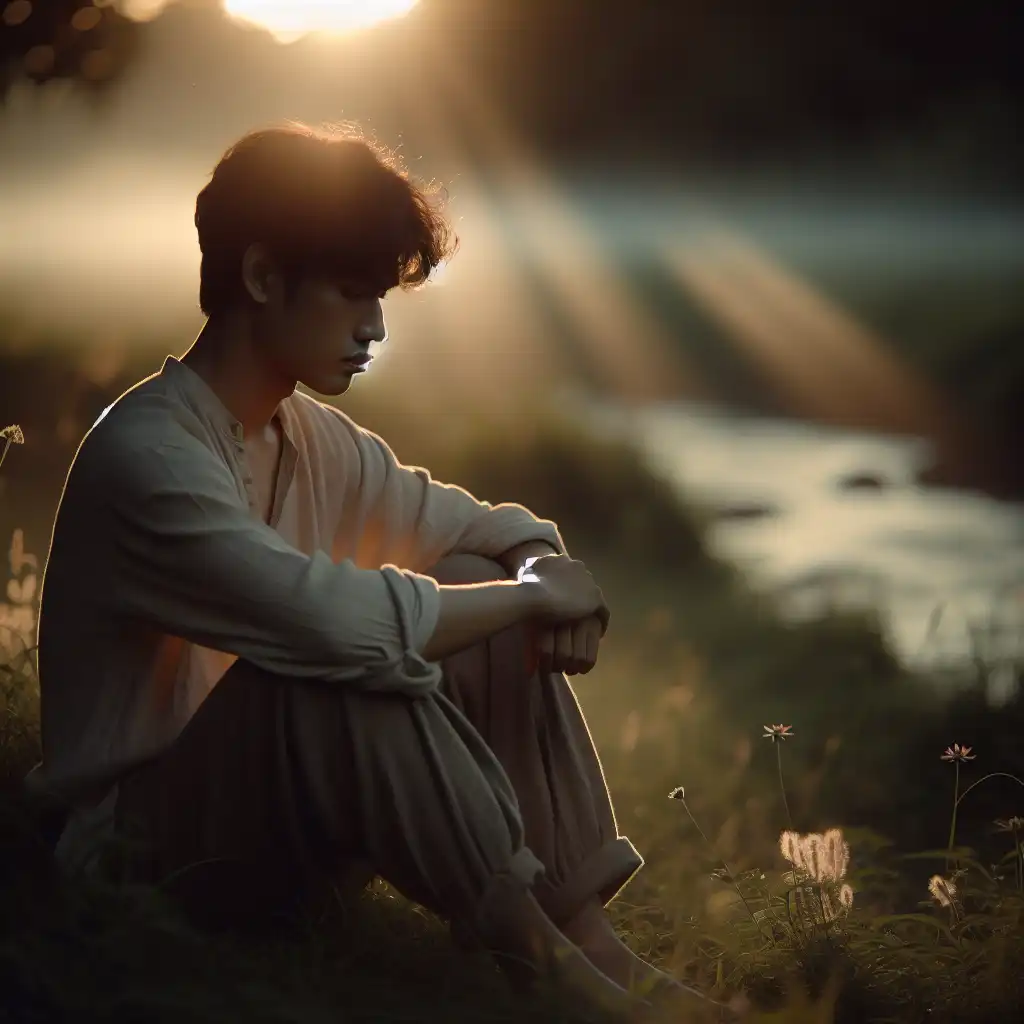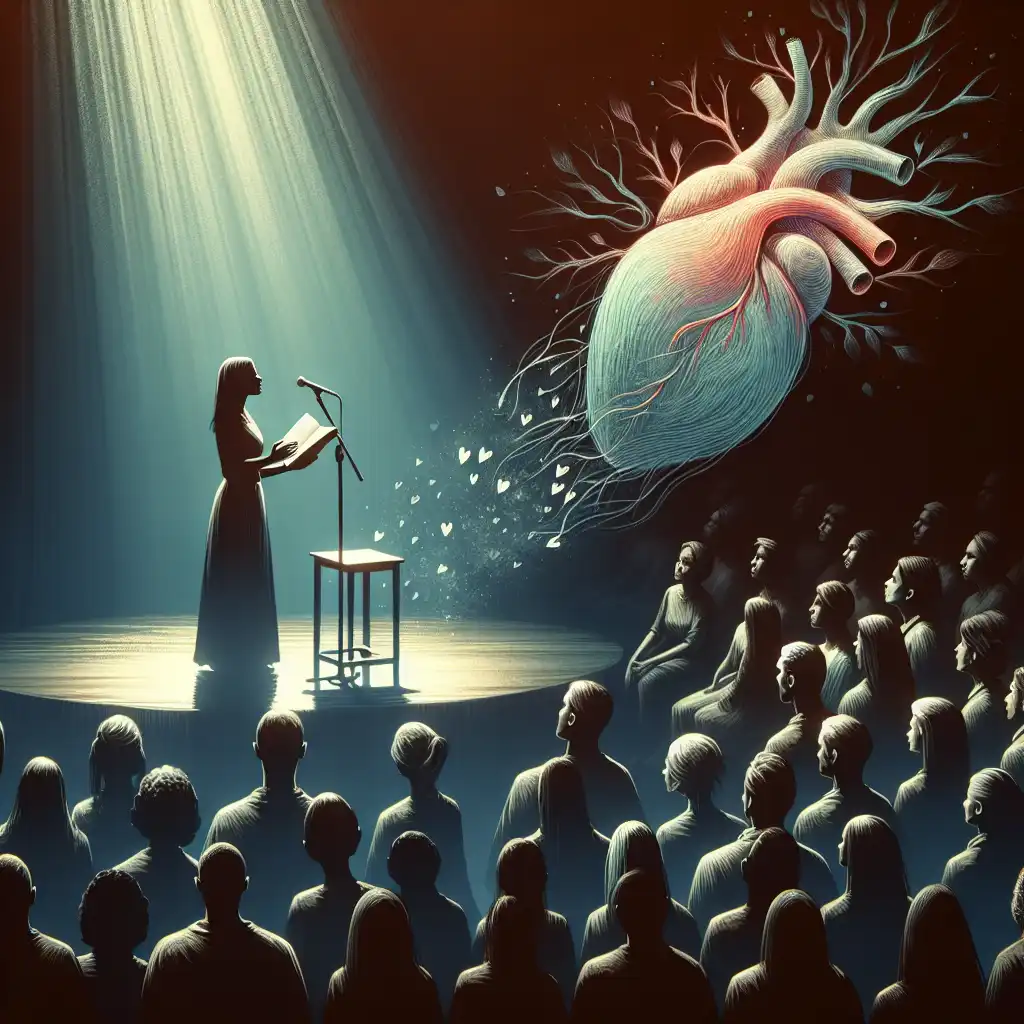
Melancholy
Emotional State
Use 'melancholy' to describe someone's sad emotional state, not just a temporary bad mood.  After the news of his mentor’s passing, John’s demeanor turned unmistakably melancholy.
After the news of his mentor’s passing, John’s demeanor turned unmistakably melancholy.
Subtle Expression
'Melancholy' often implies a quiet, reflective type of sadness as opposed to loud or dramatic.  Her eyes had a melancholy gaze as she watched the sunset.
Her eyes had a melancholy gaze as she watched the sunset.
Cultural Reference
In literature, 'melancholy' can be associated with romanticism, where sadness has a poetic quality.  The poet’s melancholy verses tugged at the heartstrings of his audience.
The poet’s melancholy verses tugged at the heartstrings of his audience.